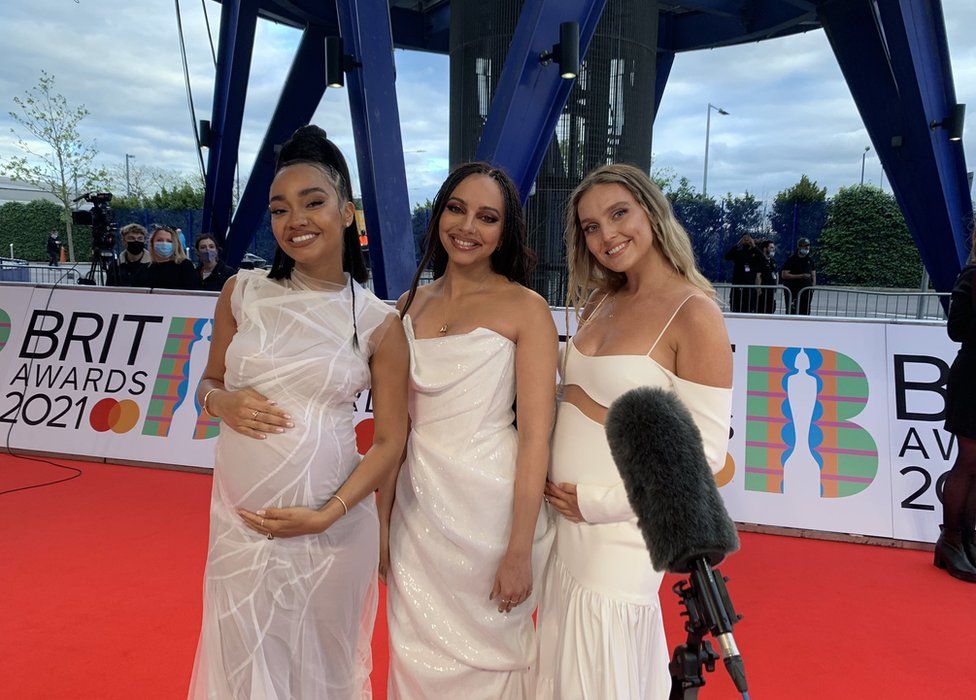Despite improving its diversity, there is still progress for the BRIT Awards to make
In recent years, the discourse surrounding gender disparities within mixed categories has often dominated the BRIT Awards. However, this year’s ceremony seemed to be a healthy, yet overdue, exception. Despite showing itself to be a triumph when it comes to inclusion for many, it is still important that we recognise that the awards and the music industry overall remain far from perfect.
Sales usually dominate the industry, yet for 2021 the awards have seemed to amend themselves and their eligibility so that up and coming artists can receive well deserved praise. Arlo Parks was one of many highlighted, yet being an openly bisexual Nigerian, it is hard to not be cynical and brush Arlo’s win off as the Brits ticking boxes to appear ‘woke’. However, this win, like all of the nominations some may think are there for diversity and political correctness, are actually anything but a tokenistic façade. Collapsed in Sunbeams stimulated conversation about beauty organically in ways that listeners could relate and respond authentically to. The recognition for smaller artists is commendable as music and influence run deeper than commercial success.
Blatant disregard for women was evident in the 2020 nominations where only one British female artist was included within the 25 available slots in a mixed-gender category. It says a lot about the industry when the host of the awards, Jack Whitehall, jests about how lacklustre and disingenuous excuses for poor representation are, stating: “In the spirit of sustainability, the Brits have been recycling all sorts of excuses for why there were so few women nominated.” The direction of the awards, with six or seven winners in mixed-gender categories being women, has completely and rightfully shifted. This is a welcome change from the usual distracting tactic the Brits push onto record companies who “had the opportunity to inform Brit Award Ltd (BAL) of any eligible artists they wish to be added”.
To praise the Brits for having basic respect for diversity in 2021 amounts to coddling an award show for doing the bare minimum
However, to praise the Brits for having basic respect for diversity in 2021 amounts to coddling an award show for doing the bare minimum. The Brits have a far way to go, as many of the categories are gendered and remain restrictive and exclusionary for non-binary artists like Sam Smith. This controversy pinpoints how institutions like this continue to restrict and suffocate artists who don’t fit into the pre-established boxes they have set despite us living in an accepting, progressive society. With their entire job being to reflect an authentic representation of societal attitudes in the music industry, it seems expected yet still disappointing that non-binary artists continue to be overlooked when receiving a reward for their successes.
With the Brits usually being semi-predictable based on chart success, the influx of women only now being nominated and winning awards, four out of five nominees for British Album being female, is actually concerning. Little Mix being the first female band to win the award for British Group makes us ask why it took so long when there has been consistent female talent for years. Jade Thirlwall in the groups’ speech addressed this, stating “the fact that a girl band has never won this award really does speak volumes”, before dedicating the award to the Spice Girls, Sugarbabes, All Saints and Girls Aloud. Why have female artists been made to struggle so long for recognition when evidently there has been chart topping talent since the beginning? An award meant to reflect what is popular has failed in that regard, reflecting only white male dominance, seemingly just because it could.
The diversity feels genuine this year as it is a true mirroring of public interest. However, I cannot help but be sceptical that this is just a tactic based on the outrage surrounding last years’ nominations. The Brits, regardless of if we agree with who was nominated or not, have clearly been compelled by the public and social media to include more women, LGBTQ+ and ethnic minorities. To create a bar so low of expectations in itself boosted the relevancy of the Brits as it outdid itself when compared to its abysmal efforts prior, which re-established its poignancy in the viewers’ mind.
(Image: BBC)

Comments